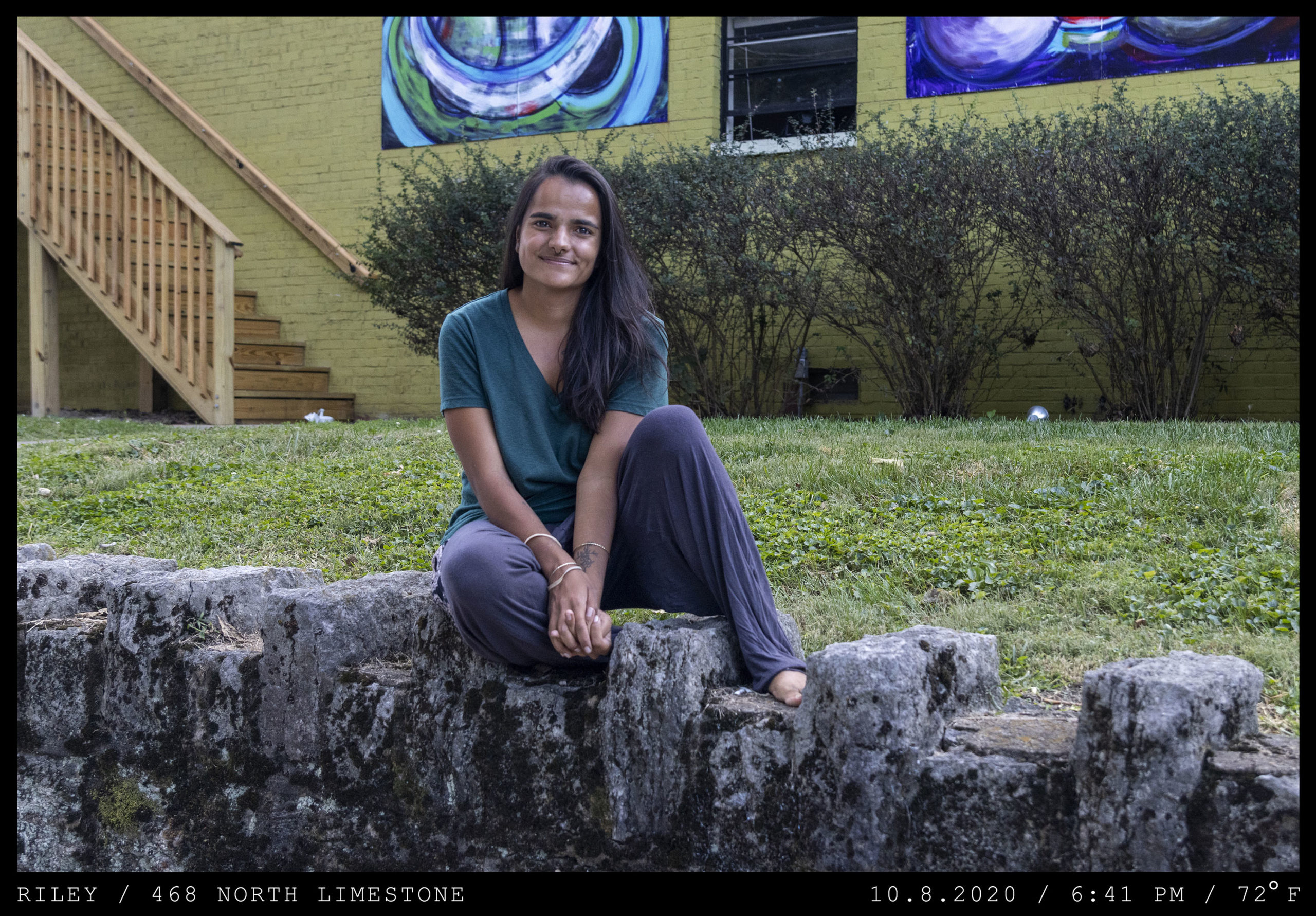Riley: “four years ago this week, my twin brother overdosed in the shower and almost died. it had been a long time coming. since our little brother died in 2010, he was on a slippery slope with drugs. by the time he OD’ed, he had done everything imaginable. i remember going back and forth between Cincinnati and Lexington to be there for my family while working and being in school. seeing him lying in the ICU on a ventilator for two weeks was probably the worst thing i’ve ever experienced. because of all the drugs he had done, he would occasionally resist the anesthesia and wake up in a panic but couldn’t make a sound. it is truly indescribable.
unfortunately, for years after that, he continued bouncing in and out of jail, rehabs, and hospitals. by some miracle he finished college, but he started drinking a lot after that. you’d think he had hit rock bottom but that didn’t happen until a few months ago. and now he’s in a sober living facility, nearly two months clean, about to start more classes, doing things he enjoys. and when we talk on the phone, he sounds like his true self—intelligent, compassionate, vibrant. it’s been the most beautiful redemption and a huge weight off my shoulders.
we’ve been lucky. i am in awe that my brother is still alive, and i cherish that. but what these opioids can do to a person is simply beyond comprehension. it is an illness. not a choice. and until we treat it as such, we will see much more heartbreak in this world. we will continue to lose the brightest lights in our lives.”

